by Mike Haskew
Three-time world heavyweight boxing champion Muhammad Ali reigns as one of the most colorful sports figures of the 20th century. However, his incredible boxing career at times has been overshadowed by events in the political arena. Such was the case when Ali reported to his induction proceedings on April 28, 1967. Three times his name was called, and three times he refused to step forward and take the oath of induction. He was warned that refusal would subject him to a $10,000 fine and up to five years in prison. Still, he did not come forward.
On the same day, the New York State Athletic Commission stripped Ali of his world title and his boxing license. In June, he was convicted of draft evasion by a jury, which deliberated only 21 minutes. An appeals court upheld the conviction, and the case eventually went to the U.S. Supreme Court which, in the case of Clay v. United States, unanimously overturned the conviction.
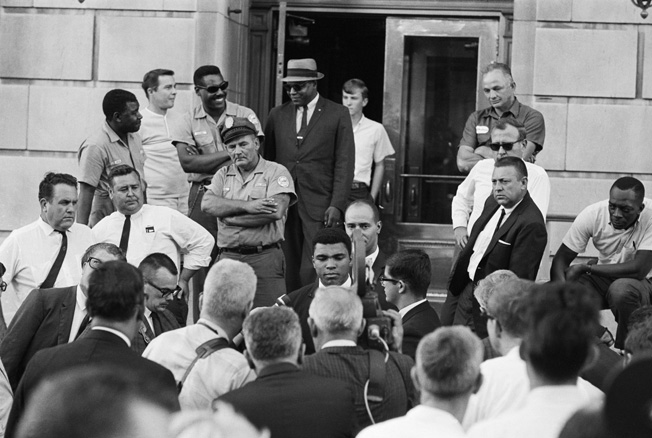
Besides his celebrity status, a major factor in Ali’s case was his religious conversion to Islam in 1964. Born Cassius Clay, Ali had defeated Sonny Liston for the world heavyweight title that February in Miami and then announced that he was a member of the controversial Nation of Islam. Claiming conscientious objector status, he told reporters: “War is against the teachings of the Holy Koran. I’m not trying to dodge the draft. We are supposed to take part in no wars unless declared by Allah or The Messenger (Elijah Muhammad, then leader of the Nation of Islam). We don’t take part in Christian wars or wars of any unbelievers.” In 1966, Ali further stated, “I ain’t got no quarrel with them Viet Cong.” In 1975, he moderated his stance somewhat by embracing Sunni Islam.
Ali’s controversial views made him a lightning rod of political tension, both lauded and vilified to this day. Major League baseball hall of fame pitcher Bob Feller, who had enlisted in the United States Navy the day after Pearl Harbor in 1941, told the Boston Herald prior to the 2004 All-Star Game: “I object very strongly to Muhammad Ali being here to throw out the first pitch, and you can print that. This is a man who changed his name and changed his religion so he wouldn’t have to serve his country, and, to me, that’s disgusting.”
In November 2005, Ali was honored at the White House and received the Presidential Medal of Freedom from President George W. Bush, who had also avoided active service in Vietnam. Now in failing health and suffering from Parkinson’s disease, Ali continues to cast a long shadow across a turbulent period in American history. In response to those who persist in labeling him a draft dodger, he told National Public Radio in 2001: “I tell them I didn’t dodge the draft, I just avoided it. Vietnam turned out to be wrong and I ended up right. All you people who say I was wrong, I ended up right. The war was bad, I ended up right. I’m still the winner.”
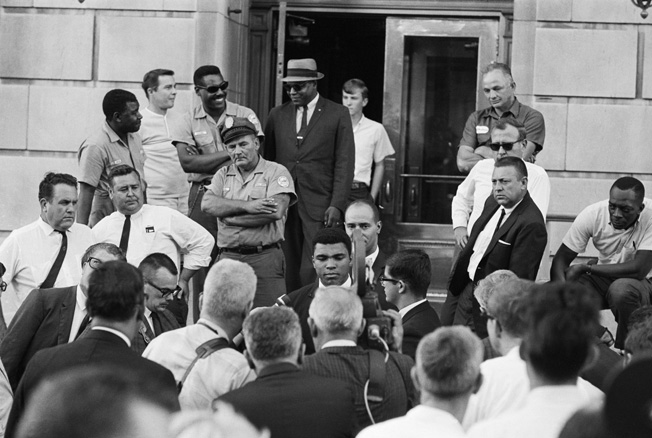
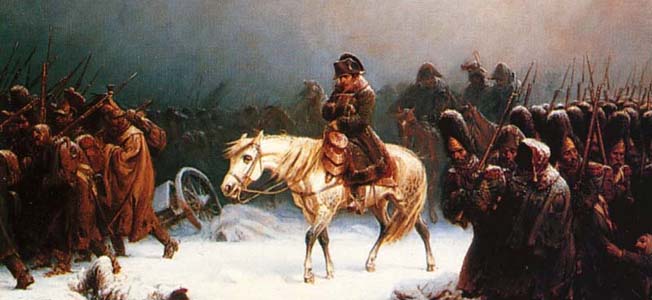




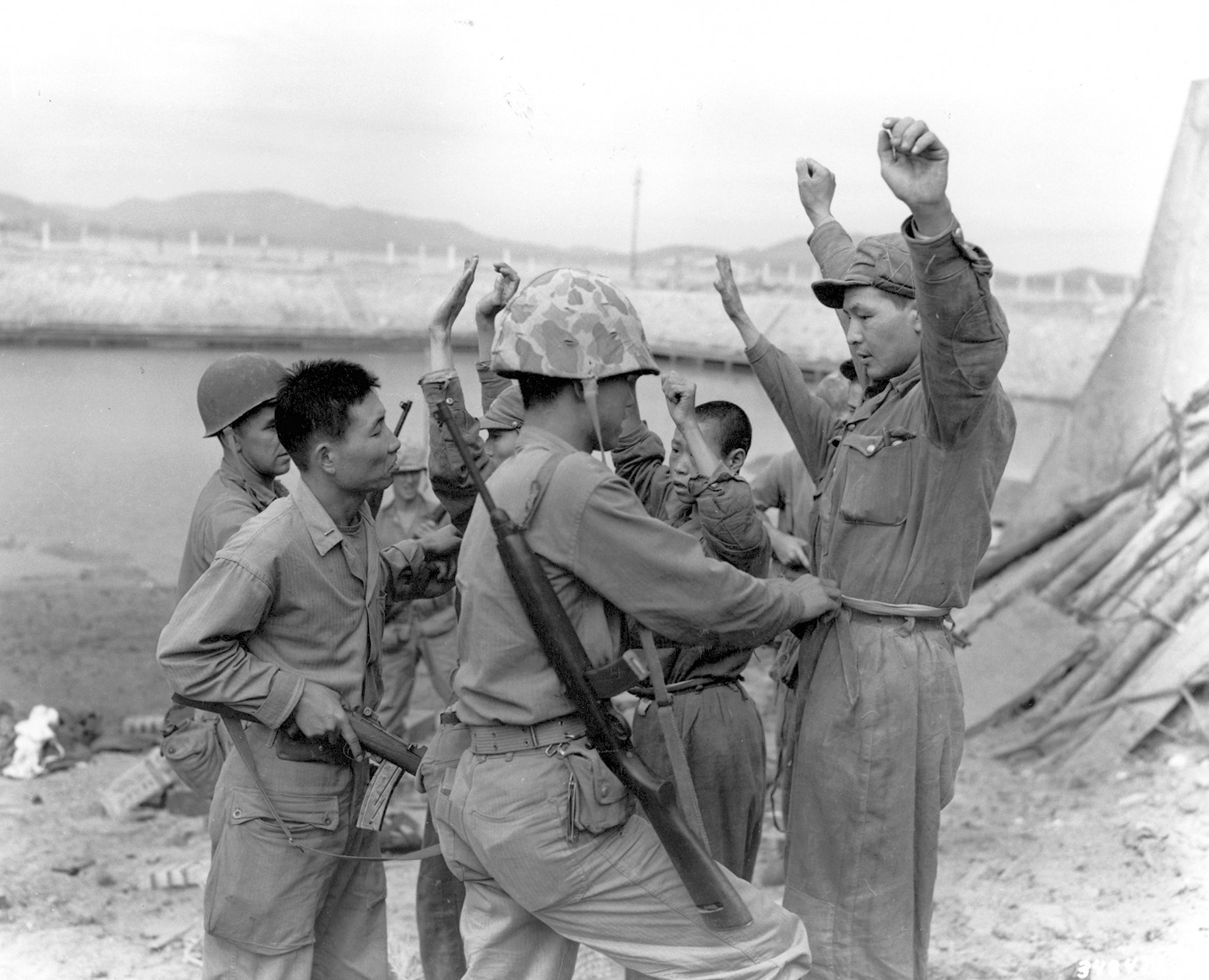
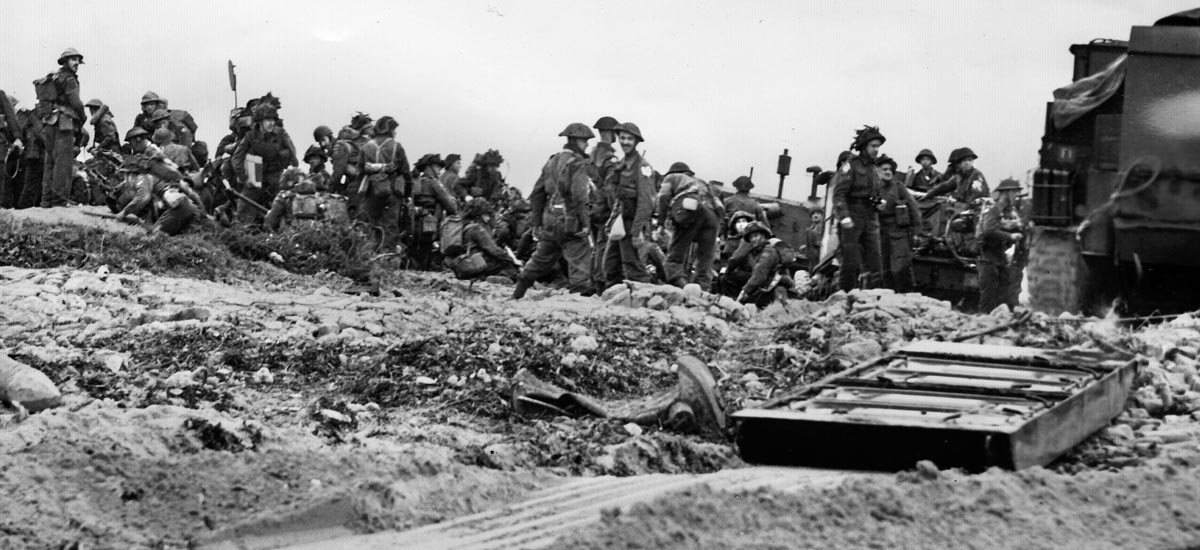
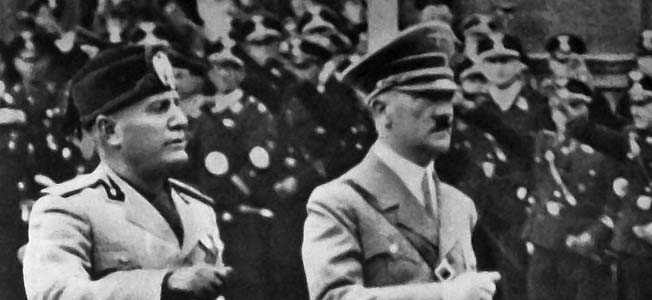
He could have gotten legitimate status as a CO but refused. My respect for him, despite Howard Cosell’s support, ceased as a result of his actions. Yes, my opinion is probably affected by the five years I served in the US Army during the Vietnam War.